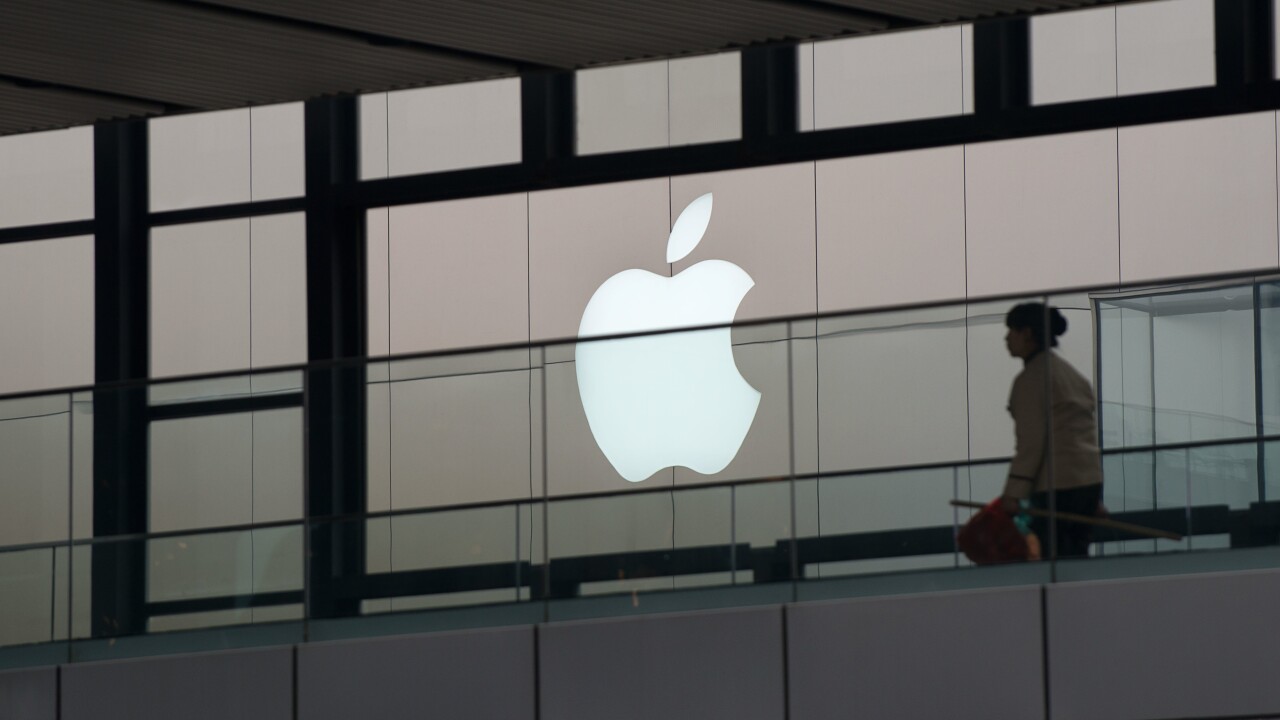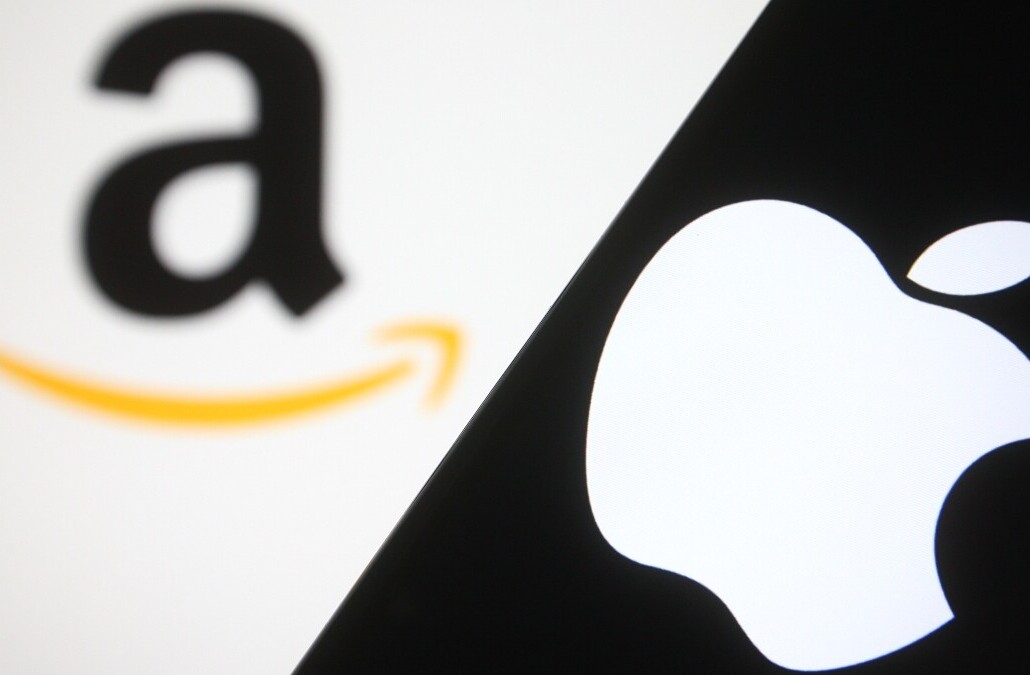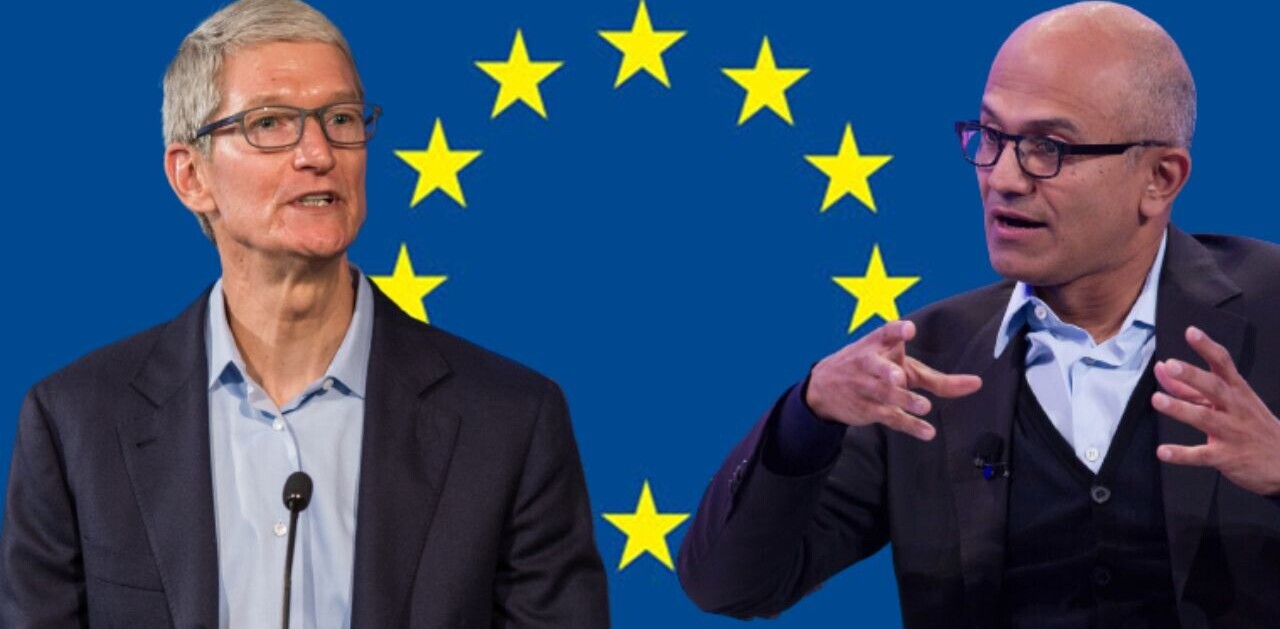
I know it’s popular to hate on Apple these days. I’m guilty of this myself. But assertions made earlier this week by Sens. Ted Cruz and Patrick Leahy that Apple was enabling Chinese censorship are a step too far.
In a public letter, Cruz and Leahy fused their remaining brain cells to argue Apple ‘enabled’ censorship in China by removing several popular VPN apps in July. The move, the duo argue, strengthens China’s control over its citizens by picking and choosing which parts of the internet they can access. It’s not North Korea, but China’s “Great Firewall” is no doubt oppressive, blocking sites (and apps) like Google, YouTube, Facebook, and Twitter.
“If these reports are true, we are concerned that Apple may be enabling the Chinese government’s censorship and surveillance of the Internet,” they wrote.
And no one would argue that China isn’t an oppressive state, one that seeks to control the flow of information by limiting citizens to government-controlled app options like WeChat, QQ, and Baidu. While not state-sponsored, per se, these apps are limited by their very nature and locked down to comply with Chinese regulations. The creators, companies like Tencent, have long been suspected of feeding user data back to the government.
Cruz and Leahy are right to worry about China’s internet problem. Apple’s removal of VPN apps, however, is far less troubling. As CEO Tim Cook said in an earnings call in August:
We would obviously rather not remove the apps, but like we do in other countries, we follow the law wherever we do business. We strongly believe in participating in markets and bringing benefits to customers is the best interest of the folks there and in other countries as well.
Skeptical as I am, I find it hard to doubt Cook’s statement. VPN apps do little to harm Apple. The company, in my opinion, is at worst apathetic about their use.
Apple is already on shaky ground in the country. The rise of domestic companies like Huawei and Xiaomi, as well as the general indifference to products made, at least in part, for the Chinese market (iPhone 5C, iPhone SE) have Apple tip-toeing not only to compete, but remain in compliance with ever-tightening government regulations.
The Apple Watch, for example, recently saw domestic cell providers cut service to its newest model for failing to produce a SIM that was in line with government standards — a SIM that tracked its users.
Would the world be a better place without China’s Great Firewall? Sure. Could VPN apps benefit the country? Absolutely. But blaming Apple proves, again, how little regulators understand the current tech climate. Failure to comply with China’s rules — a country known to be semi-hostile to outside companies — wouldn’t make Apple a hero; it’d make the company irrelevant, at least in China.
Get the TNW newsletter
Get the most important tech news in your inbox each week.




